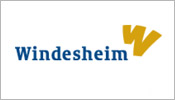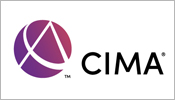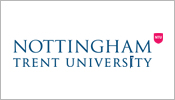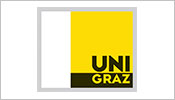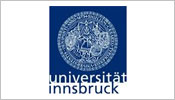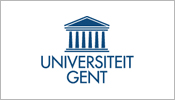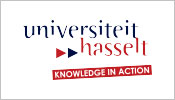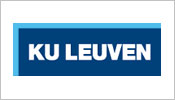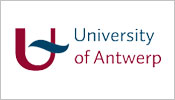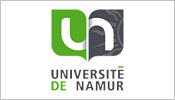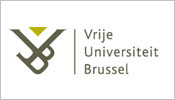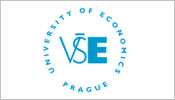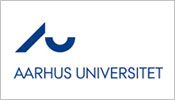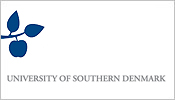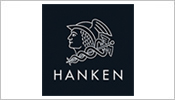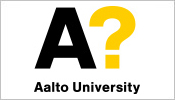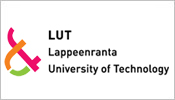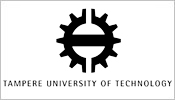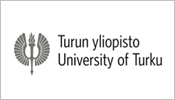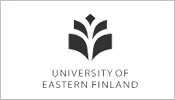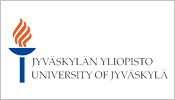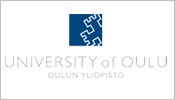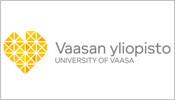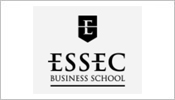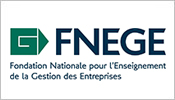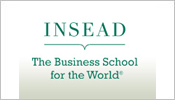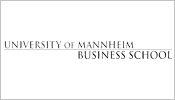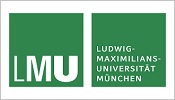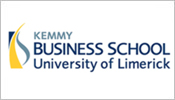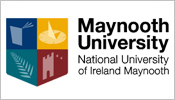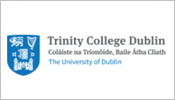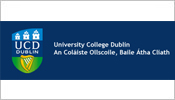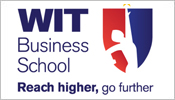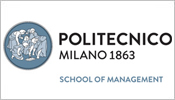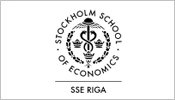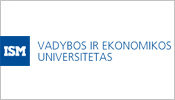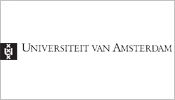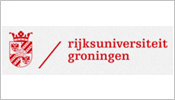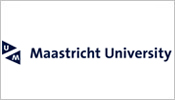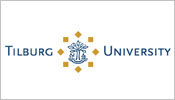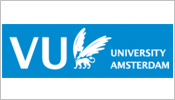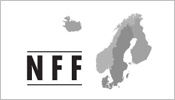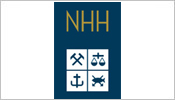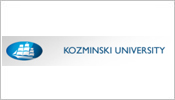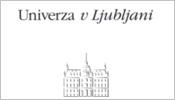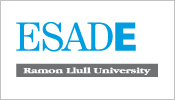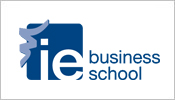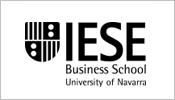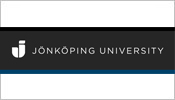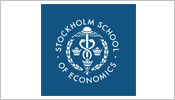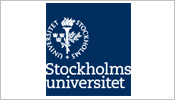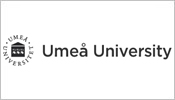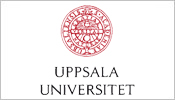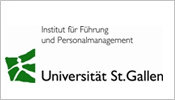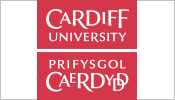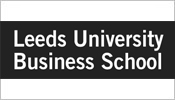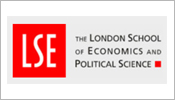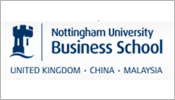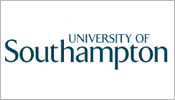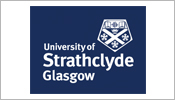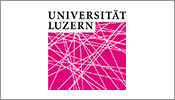
History & Achievements
The European Institute for Advanced Studies in Management (EIASM) was founded in 1971. During the first five years, it received significant financial support from the Ford Foundation. Since its foundation, the Institute has striven to create an identity for European Management Research vis-à-vis both the other well-established scientific disciplines and the business world. In the 1970s this was done with an impressive in-residence faculty.
The faculty of the "first hour" included such prominent researchers as:
|
H.Igor Ansoff |
Claude Faucheux |
Maurice Saias and many others... |
Later on (around the mid-1980s) the in-residence formula gave way to a more flexible, losely-structured and wider network of affiliated faculty members including the most prominent management researchers at any time.
Thirty years of unrelenting efforts to accomplish its mission, have contributed to the awareness that rather than having to depend solely on American models of management development, higher educational institutions in Europe can now refer to their own bodies of knowledge. In this way the EIASM has significantly contributed to the development of the faculty of European universities' management schools and university-level colleges specializing in Business Administration (the so-called "grandes écoles"), and because of this to the progress of Management Education.
More specifically EIASM has had an impact through :
- fostering a greater awareness of the benefits which can be derived from a more scientific approach to decision making ;
- creating and monitoring standards of academic excellence in all areas of Management : Accounting, Finance, Human Resource Management, Industrial Economics, Information Technology, International Business, Marketing, Organizational Behaviour, Operations and Production Management, Strategy, etc ;
- promoting models of advanced international (re)training programmes especially designed for Management scientists : doctoral seminars and tutorials, intensive methodology-orientated courses, path-breaking workshops, state-of-the art conferences, etc.
The value added by participating in EIASM's activities essentially results from :
- the unique international interactive setting which it offers ;
- the access to, and entry into, the most dynamic circles of Management scientists in Europe : i.e. the European Accounting Association (EAA), the European Association for Research in Industrial Economics (EARIE), the European Doctoral Programmes Association in Management and Business Administration (EDAMBA), the European Finance Association (EFA), the European International Business Academy (EIBA), the European Academy of Management (EURAM), the European Marketing Academy (EMAC), and the European Operations Management Association (EurOMA).
Seen in such terms, the EIASM at present can best be described as the node of a set of networks bringing together Management Scholars from throughout Europe - as well as between Europe and other parts of the World. The EIASM's network comprises over 50,000 researchers involved in management research or teaching. In this way the Institute provides an unparalleled platform for intellectual exchanges and for mobilising the planning, execution and monitoring of scientific inquiry and action in the fields of Management. Since the beginning of the Institute till December 2014, 54,470 participations were registered.
Since the early 1970's, the EIASM has drawn upon its capability for creating and reinforcing cross-border scientific linkages and partnerships. One of the most recent examples of its successful international networks is EDEN (EIASM's Doctoral Education Network) launched in 1988. From the very start of its operations, the EIASM has given top priority to the education and development of European Management scholars, scientists and teachers. Thus, over the 1973-1988 period, 31 European doctoral tutorials were organized and sponsored by the EIASM, supplying support and feedback to more than 800 doctoral students. Realizing the need to intensify and systematize its assistance in the research training of young promising doctorandi, the EIASM launched the EDEN programme in June 1988. Up to December 2014, this expanding network has involved 4.400 fellows and more than 400 of the top professors in the world.
There is no doubt that a strong community of "peers among peers" has come to life on the European scene owing to the initiatives taken by the EIASM. It is playing a key role in moulding the future of Management development, research and education in Europe.



